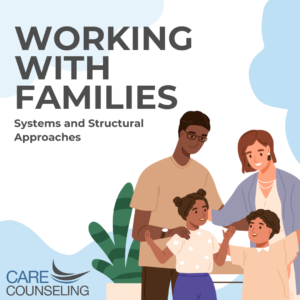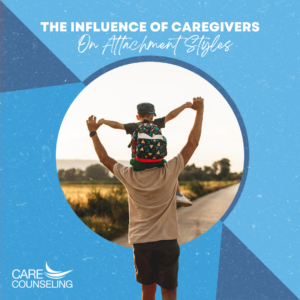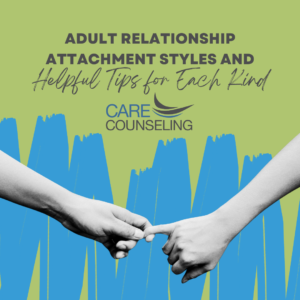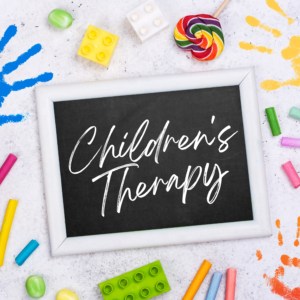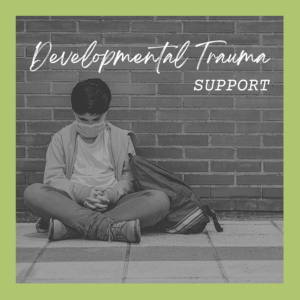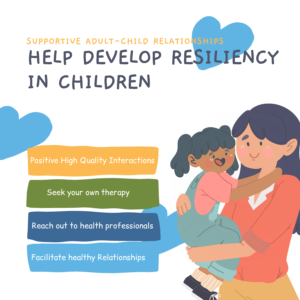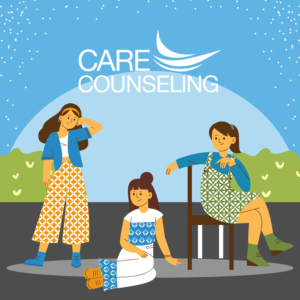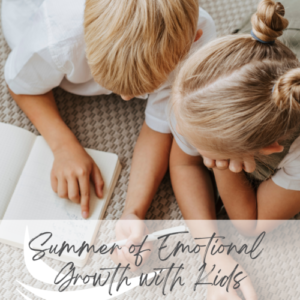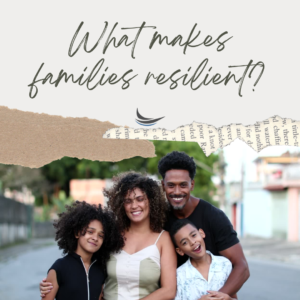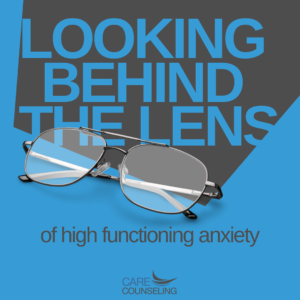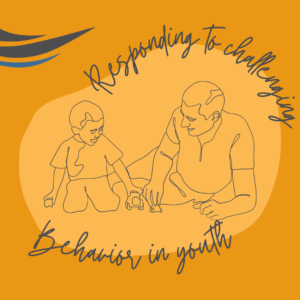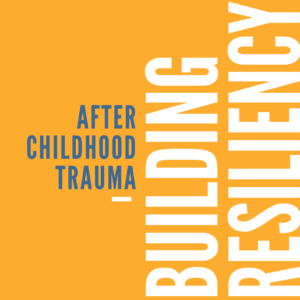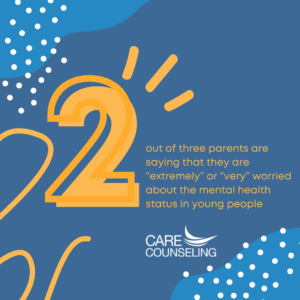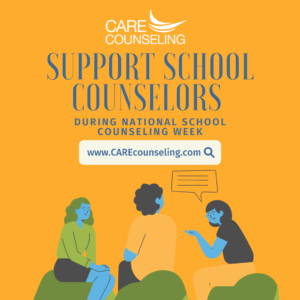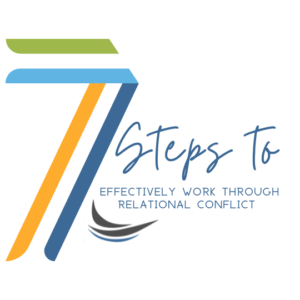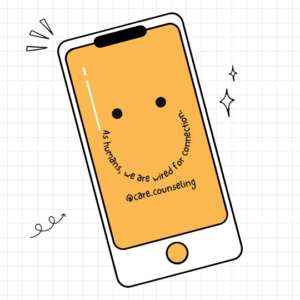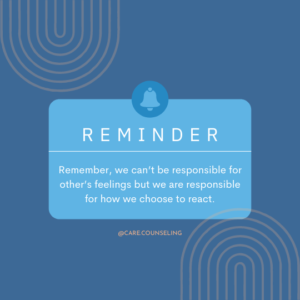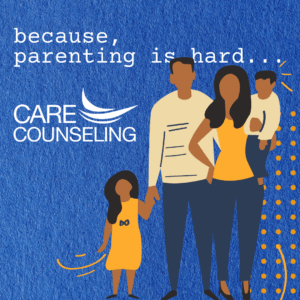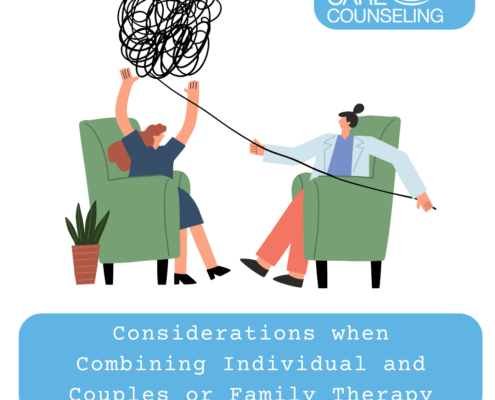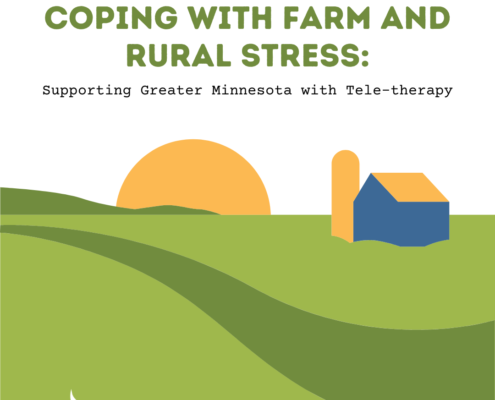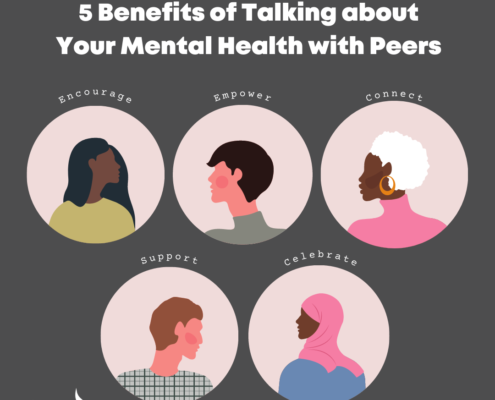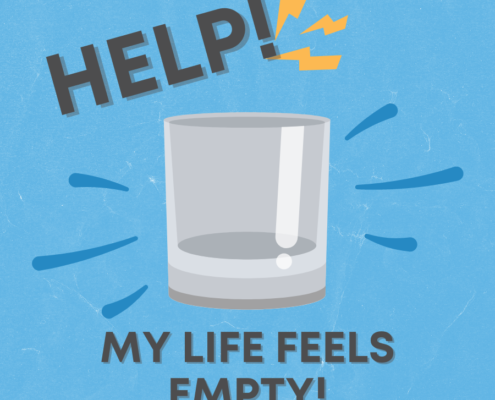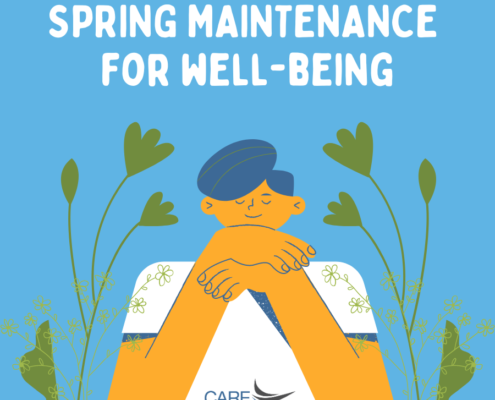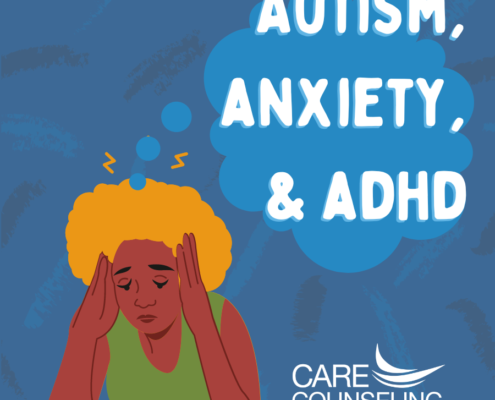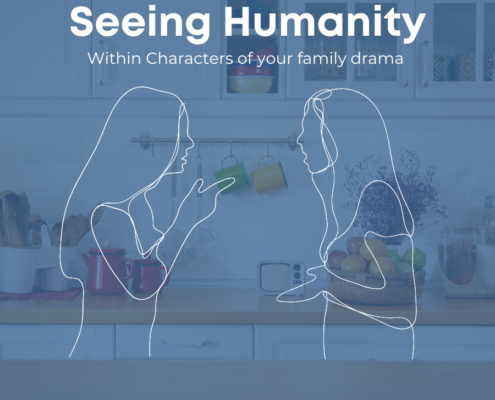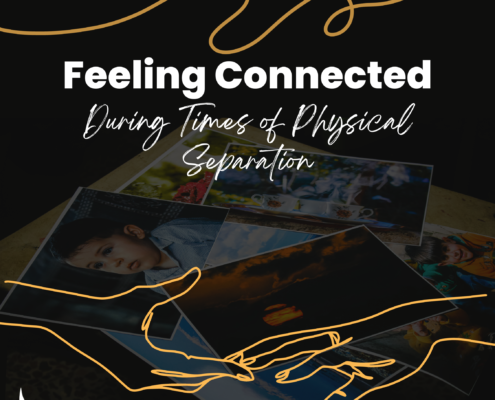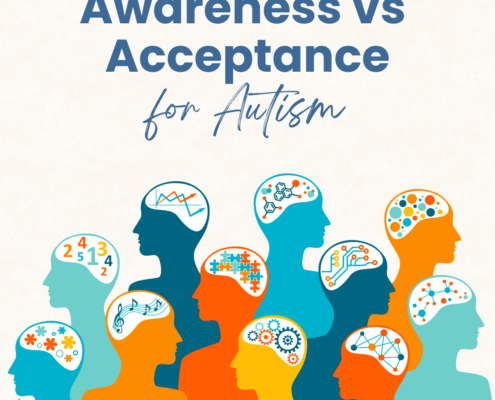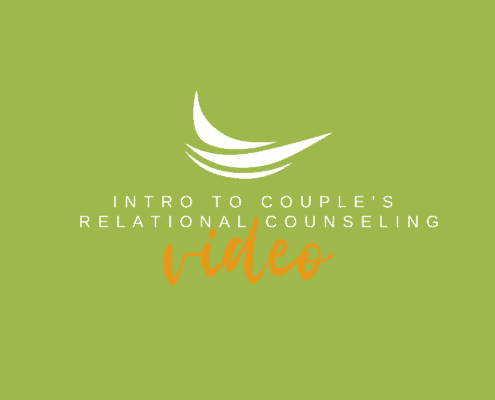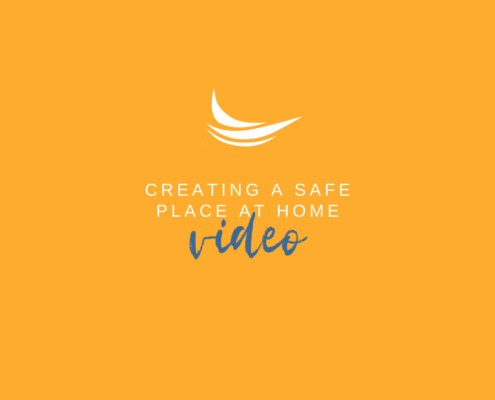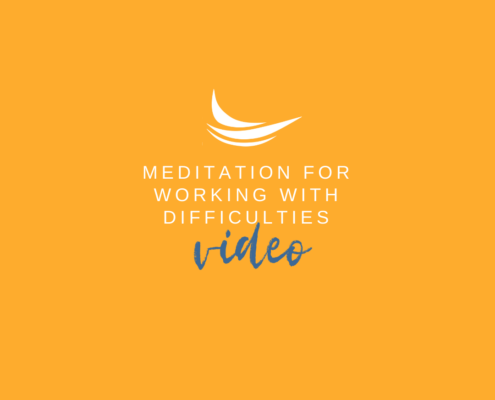 https://care-clinics.com/wp-content/uploads/2023/08/21-1-e1691767386362.png
300
300
Marketing
https://care-clinics.com/wp-content/uploads/2022/10/CAREcounseling_logo-300x138.png
Marketing2023-08-11 11:23:222023-08-11 11:23:22Balancing Extracurricular Activities and Academic Success
https://care-clinics.com/wp-content/uploads/2023/08/21-1-e1691767386362.png
300
300
Marketing
https://care-clinics.com/wp-content/uploads/2022/10/CAREcounseling_logo-300x138.png
Marketing2023-08-11 11:23:222023-08-11 11:23:22Balancing Extracurricular Activities and Academic SuccessParenting is a profound journey of guiding your child to independently navigate the world with confidence and care. If you’re grappling with creating a safe, structured and supportive environment, family therapy can help.
As a parent, your job is to prepare your child how to interact and navigate through the world without you, and that can definitely be a daunting task. If you’re struggling with where to begin, here are several needs that you can satisfy that will help your child grow and develop well: safety, structure, support, and love.
How can I provide safety for my child?
Clearly, this need is generally self explanatory, but there is more to providing safety than just avoiding abuse and neglect. You should be a secure base for your child to explore from, a safe zone where they can return to if they are afraid. This is an aspect of a child’s secure attachment to their primary caregiver, you. Attachment quality is rated as either secure or insecure, and develops based on the level of sensitivity and responsiveness a primary caregiver exhibits when a child’s needs are not being met. When a child knows that his or her needs will be met by their caregiver, they develop a secure attachment. If a child is unsure whether or not their needs will be met, they develop an insecure attachment. Children that have developed secure attachments to their caregivers have been found to have positive life outcomes, specifically that they are able to love and trust others and are self-reliant and socially assertive. Insecurely attached children often grow up to be hostile, indifferent, or overdependent on others in future relationships.
How can I provide both structure and support for my child?
There is a balance between the amount of discipline and warmth that needs to be shown to children to ensure they grow up to be successful adults. There are four parenting types, one of which has the most positive outcome for children.
- Authoritative parenting: This type of parenting has high discipline and high warmth. Parents explain rules and punishments to children so that they understand the reasons behind them. Children receive encouragement and warmth from their parents and can rely on them to satisfy their needs. Expectations are high but stately clearly with children’s input.
- Authoritarian parenting: This type of parenting has high discipline and low warmth. Rules are strictly enforced without explanation. Parents have high expectations for their children and typically provide little nurturing support.
- Permissive parenting: This type of parenting has low levels of discipline and high levels of warmth. Permissive parents often allow their children to do and have anything they would like, with few rules or punishments. Parents may not set expectations for their children and leave children to figure out situations on their own.
- Uninvolved parenting: This type of parenting has low levels of discipline and low levels of warmth. Parents typically offer little to no nurturing or discipline and set no expectations. Children are expected to figure things out on their own. Often, uninvolved parents lack care or information about childcare.
Read more about parenting types here.
How can I show my child I love them?
Though it may come easy for you to show affection to your child, if you aren’t sure what you can do to show how much you care about them, keep reading. Dr. Gary Chapman developed the five love languages, which explain how each person prefers to give and receive love. The five love languages he lists are Quality Time, Physical Touch, Gifts, Words of Affirmation, and Acts of Service.
To find out what love language your child aged 5-8 is, click here.
To find out what love language your child aged, 9-12 is, click here.
To find out what love language your teen is, click here.
What do I do if I’m still struggling with parenting?
There is no perfect guide to parenting, and it is completely understandable if you’re struggling to know what to do or how to be a good parent. If you are still feeling lost, meet with one of our clinicians. Many of our practitioners specialize in parenting skills, family conflicts, relationship difficulties, foster care and adoption, and parenting psycho-education. It’s never too late to seek help. Click here to schedule an appointment with a clinician at CARE.

